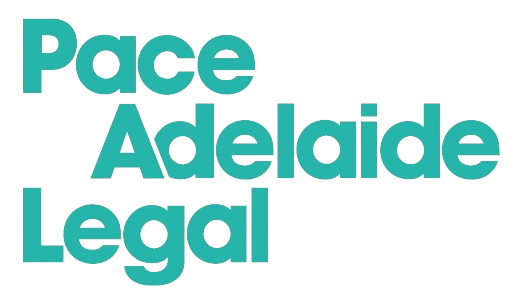A testamentary trust is a trust established by a Will, and which doesn’t come into effect until after the Will maker’s death.
 There are two main types:
There are two main types:
- A discretionary trust, where the beneficiary has the option to take a lump sum payment, or receive funds distributed by way of a testamentary trust. The trustee will have discretion as to the actual distribution amounts and frequency; and
- A protective trust, where the trustee manages the beneficiary’s share so that they receive the benefit, but have no actual control over their share (e.g. if they are young or lacking capacity).
Benefits include: flexibility of distribution to beneficiaries, protection of assets (as the trust’s assets are owned by the trust, not the beneficiaries) and various tax advantages given the flexibility of distribution.
In considering whether a testamentary trust is right for you, you should bear in mind (amongst more) the ongoing costs involved in maintaining a testamentary trust (such as accountant fees for the trust’s tax returns) and whether income from the trust’s assets would adequately cover such fees.
